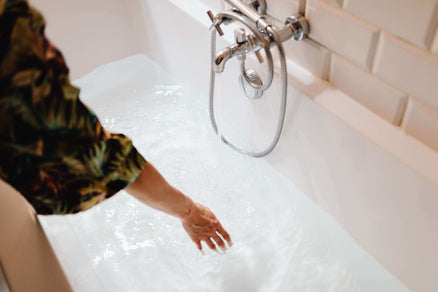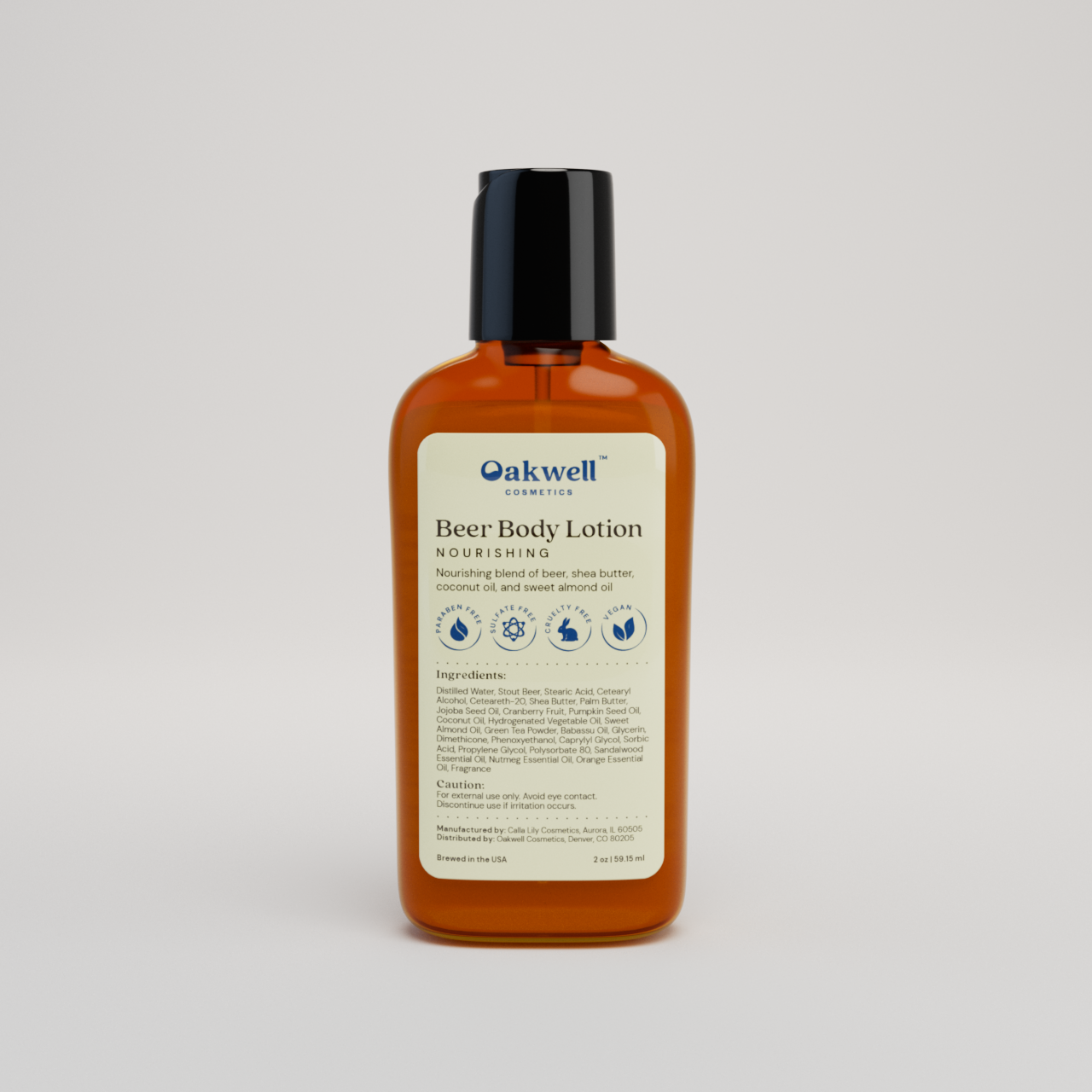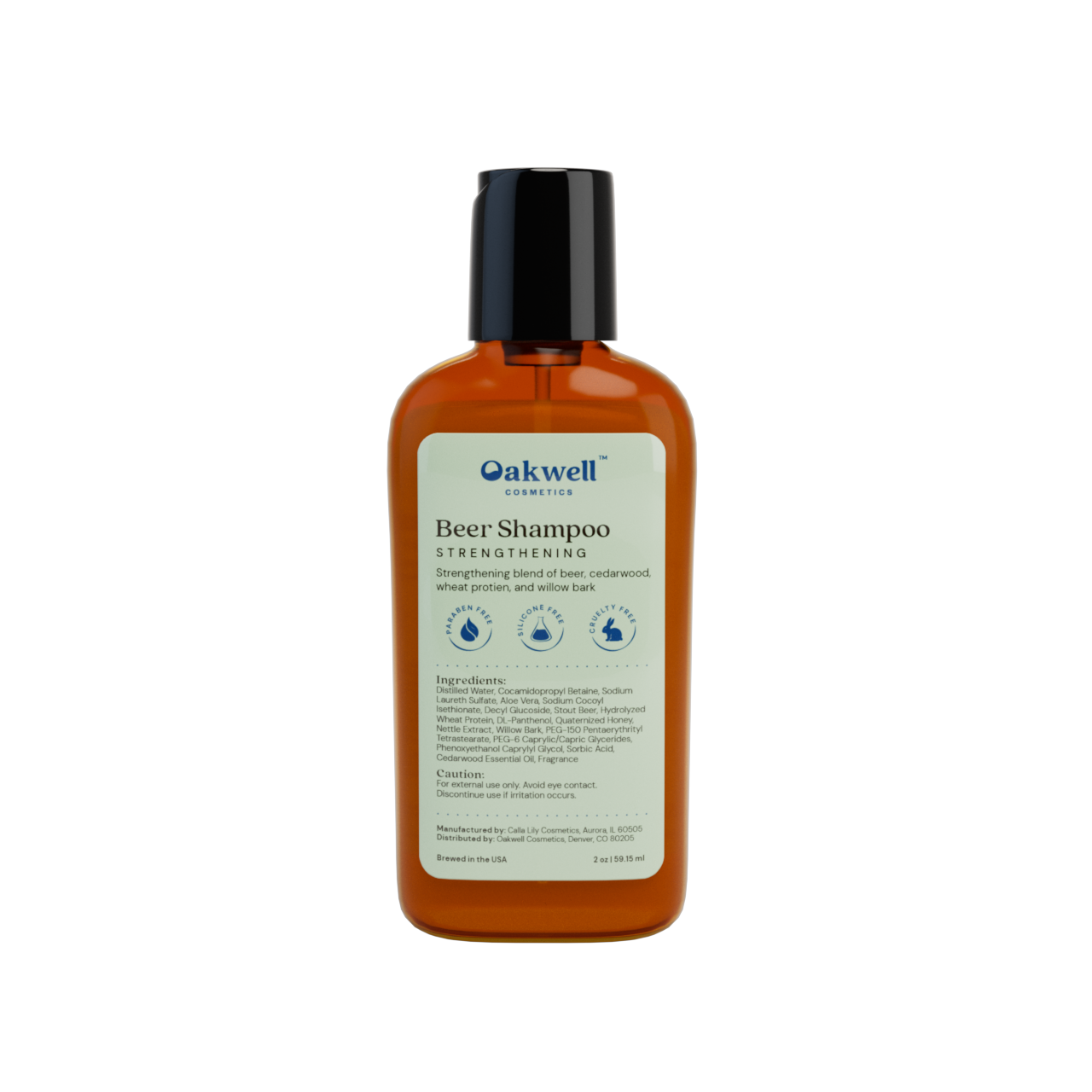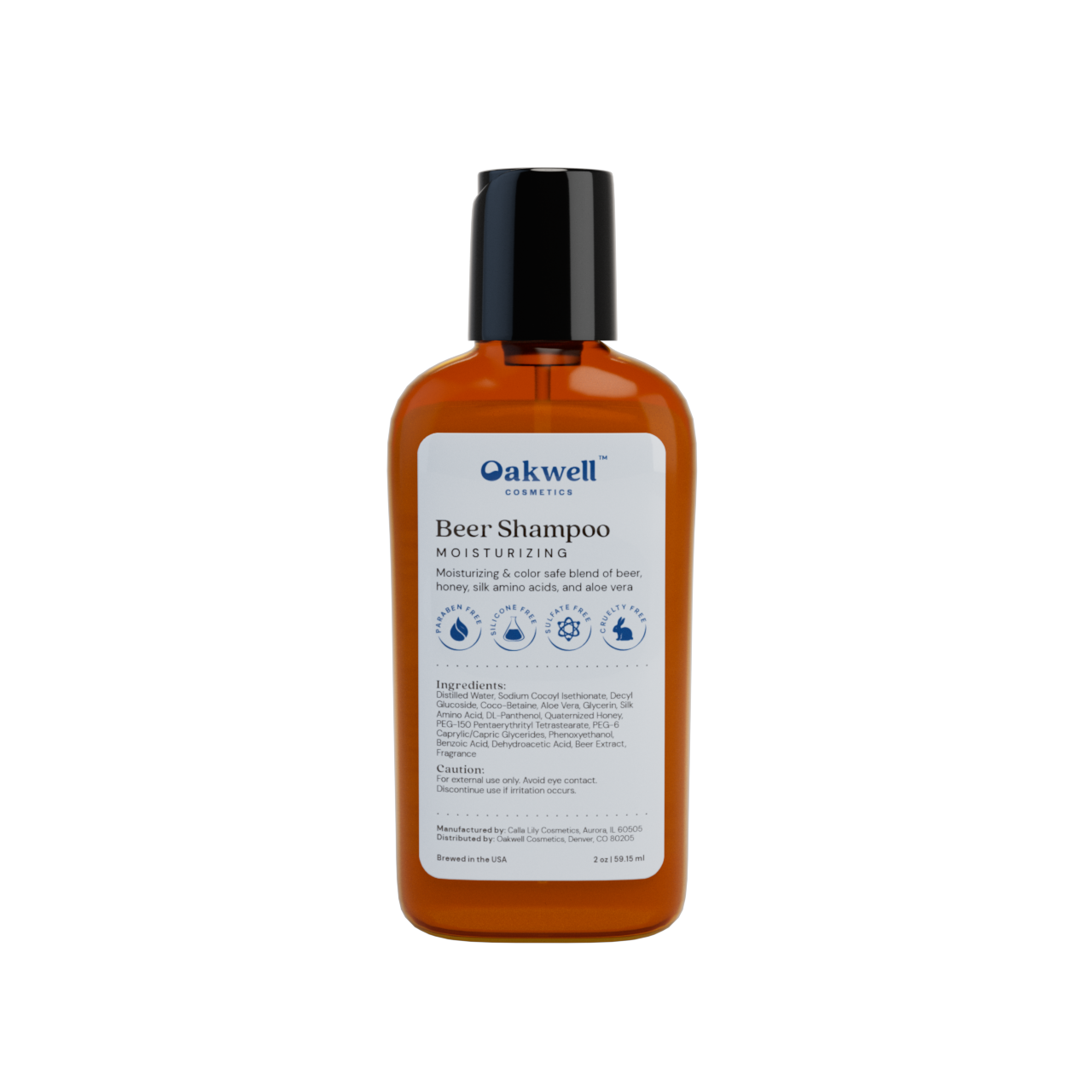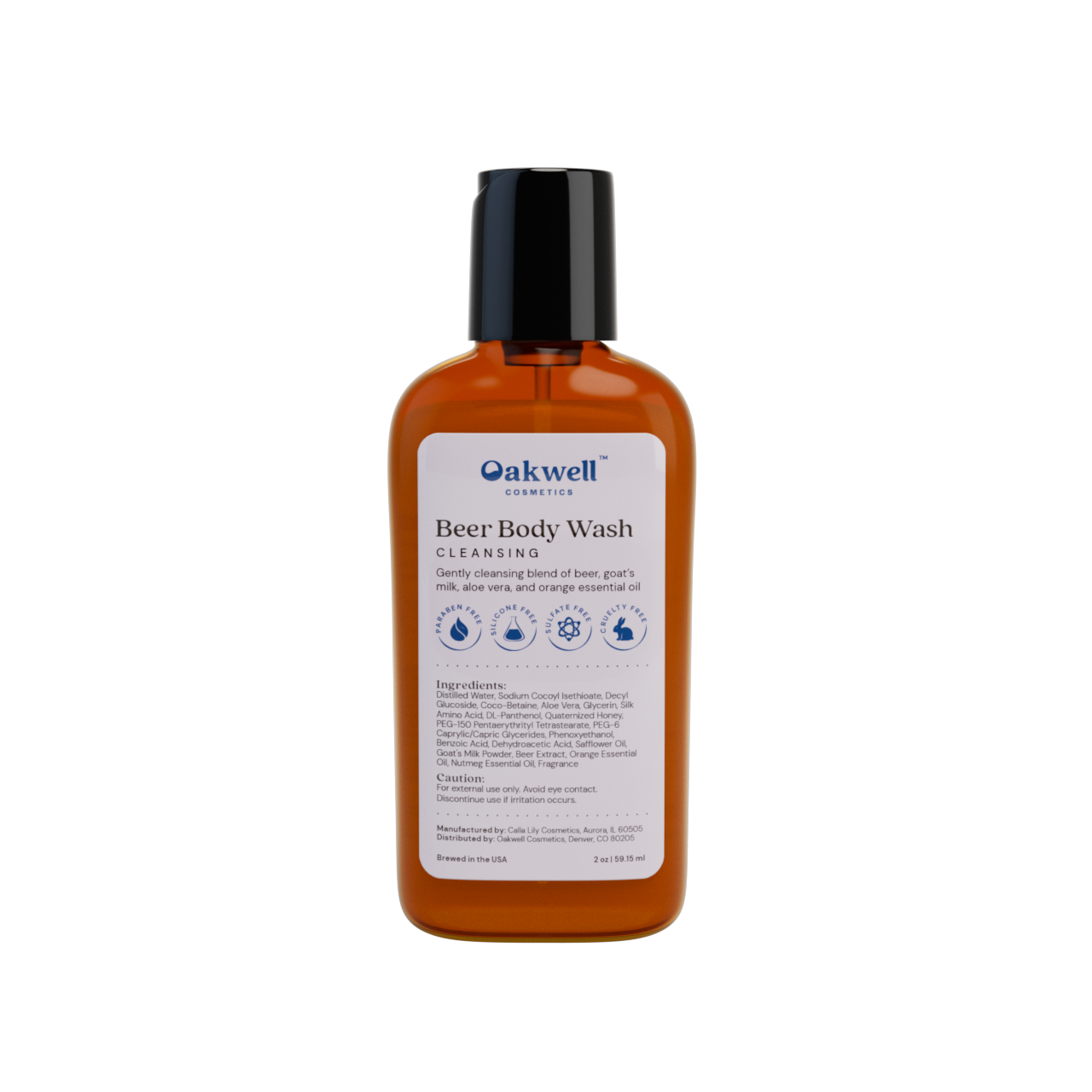Self-Care for Men: Benefits, Practical Ideas, & Simple Steps
 While self-care is essential for everyone, many men have a "walk it off" mentality for themselves, says Frank Thewes, Therapist and Owner at Path Forward Therapy. This can lead to burnout, disengagement, lower-quality relationships, and physical health concerns.
While self-care is essential for everyone, many men have a "walk it off" mentality for themselves, says Frank Thewes, Therapist and Owner at Path Forward Therapy. This can lead to burnout, disengagement, lower-quality relationships, and physical health concerns.
In this article, we’ll discuss the benefits of self-care for men and practical tips for self-care, with research-backed evidence and advice from mental health professionals.
Why is self-care important for men?
Men who practice self-care can manage stress and emotions and foster long and short-term health and happiness.
Other benefits of self-care for men, according to Thewes, include:
- Better connections with self, partners, and children
- More bandwidth available for work and other priorities
- Better ability to process emotions, offload stress, and feel calm
- Fewer anxiety and depression symptoms
How can a man practice self-care?
“The best self-care activity is anything that makes you feel calm, relaxed, and recharged,” says Thewes.
You shouldn't force yourself to practice self-care. Instead, it's best to do any small or large activity you enjoy that feels good for you.
Below, we’ll explore the best men's self-care activities and practical ways to care for yourself.
Consider Different Types of Self-Care
When we think of self-care, we often consider activities many women enjoy, like spa days and rom-coms. However, self-care for men is more than that and includes six main pillars:
- Physical
- Emotional
- Spiritual
- Financial
- Professional
- Social
You can practice activities that help improve each of these areas. You may need to focus more on some areas or find that you enjoy certain ones more than others.
Ideally, you'll have a good mix of self-care activities that address all of these – we’ll share several below. For example, your morning routine could include meditating, journaling, and having a nutritious breakfast with your family. Use this time to focus on these activities before you go to work and complete workday tasks. Daily routines like this cover all self-care pillars.
Reduce Time on Social Media
With more social media apps than ever, spending too much time scrolling is easy. Research shows that social media can cause depression, anxiety, and stress. It can also create unnecessary pressures to “fit in.”
While social media also has positive aspects, including social connections and education, reducing time spent on social media is necessary for self-care.
To reduce your time on social media, you can:
- Turn off notifications for social media apps
- Delete one or two social media apps from your phone
- Sleep with your phone across the room to avoid scrolling before or after sleep
- Limit your time on apps (most phones have settings for this)
Take a Warm Shower or Bath

Taking a warm bath or shower is enjoyable for most, making it an excellent self-care activity for men. Immersing your body in warm water also helps improve your physical and emotional quality of life.
80% of people in a bathing study reported feeling relaxed, energized, and refreshed after a bath. People who take warm baths daily also experience better sleep, lower stress, and more happiness.
Take your warm shower or bath up a notch with relaxing beer bath products, like Calming Beer Bath Salts or Herbal Beer Bath Tea.
Have Good Sleep Hygiene
“Good sleep is self-care,” says Thewes. “Evaluate and improve your sleep hygiene. Listen to your body for what you need, as many men tend to ignore stress, pain, and physical symptoms.”
If you’re feeling tired when you wake up or throughout the day, that’s a good sign you need better sleep. Stress and irritability may also indicate a need for proper rest.
Use these tips for appropriate sleep hygiene:
- Get 7+ hours of sleep each night
- Create a space conducive to rest (A tidy, dark, and cool room is best)
- Take time to unwind before bed without screens
- Create a consistent sleep schedule
Engage in Exercise
“Engaging in regular physical activity, such as exercise or sports, promotes overall well-being and can help reduce stress and promote self-care,” according to Faisal Tai, MD, a board-certified psychiatrist and CEO of PsychPlus.
While the weight room is often a go-to for men, it's okay to try other forms of exercise like yoga, walking, or hiking outside, says Thewes.
Remember, intense workouts can be beneficial for fitness goals, but self-care should be activities you enjoy and that don’t require too much exertion.
Treat Yourself
When it comes to financial self-care, we often believe that we shouldn’t spend money on non-necessities. However, Ramit Sethi, a financial expert, recommends spending on items and experiences that bring you joy.
You can practice financial self-care by creating a budget and identifying what you should and shouldn’t spend money on based on your needs and what brings you happiness. For example, you might decide not to buy fast food or expensive clothes but treat yourself to dinner with friends or nice skincare products.
Work on a Hobby
“Focus on a project, activity, or hobby that isn’t related to work or being productive,” says Thewes. Many people struggle with this due to lack of time. Consider scheduling one hour every week or month to enjoy an activity simply for enjoyment.
Tai recommends hobbies or activities that provide a creative outlet, like writing or painting. These can benefit emotional expression and help us communicate, connect, and enjoy life more.
Prioritize Social Connections

“Building and maintaining strong social connections through friendships or support groups is crucial for mental health,” says Tai.
According to the Centers for Disease Control and Prevention (CDC), people are naturally social creatures, and social connections are important for survival.
When you’re socially connected and have stable relationships, you’re more likely to:
- Make healthy choices
- Have better mental and physical health
- Cope well with stress, anxiety, and depression
Some men struggle to maintain social connections due to work and family priorities. We recommend prioritizing time for socialization, whether a fun family outing twice a month or a weekly coffee or dinner with a friend – whatever works best and makes the most sense for you.
Practice Mindfulness and Meditation
Not only does Tai suggest practicing mindfulness and meditation to manage stress and improve self-care, but various studies also show it reduces rumination, improves focus, and enhances relationship satisfaction.
With mindfulness, you’re in tune with your body and surroundings, and you can practice this at any time during any activity. For example, you might practice mindfulness while eating dinner or taking a walk. Being fully in the moment to focus on what you’re doing helps calm your mind and body.
Meditation is a focused practice that usually takes place while sitting or lying down. There are many apps like Calm and Deliciously Ella: Feel Better that share guided meditation practices. You can also play peaceful music and meditate on your own by letting your thoughts come and go while you appreciate a moment of stillness.
Talk to a Professional
Women are more likely than men to receive mental health treatment, according to the CDC. However, 75% of people who receive psychotherapy, also known as therapy, show benefits from it and have a better quality of life.
Talking to a professional lets you get in touch with your thoughts and feelings, problem-solve, and set goals for yourself.
Some therapists specialize in counseling men, while others focus on specific problem areas or overall wellness therapy. While most areas have many therapists to choose from, online therapy is also an option.
Self-Care for Men: Conclusion
We hope you found this article helpful and feel inspired to practice self-care to improve your mental, physical, and emotional well-being. Get started with self-care by choosing a few enjoyable practices that allow you to focus on your personal health and happiness.

Become a part of our community and be the first to learn all there is to know about Oakwell
